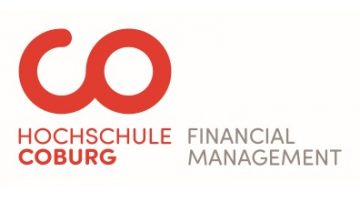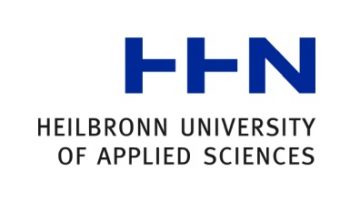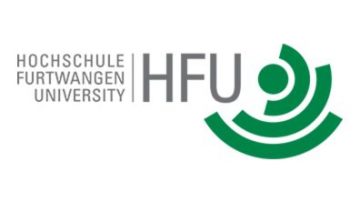Workshop on Medical Anthropology
“Recent disease outbreaks have demonstrated the need and the centrality of the role played by anthropologists in bridging the gap between biomedical and cultural practices,” said Dr. Roman Luckscheiter, Director of the DAAD Regional Office Cairo, in his welcome address, referring to the crucial role played by medical anthropologists during the Ebola outbreak in West Africa.
A sub-discipline of social and cultural anthropology that emerged in Western Europe and North America in the 1960s, medical anthropology concerns itself with how social and cultural contexts influence the experience of illness and treatment management. Medical anthropologists work alongside medical practitioners to improve doctors’ practice and the health outcomes of patients in ordinary circumstances or in emergency situations. In Egypt, medical anthropology is a nascent field of study that has not yet found its way into the curricula of the social sciences or medicine, at least in an official capacity. “The DAAD, through the COSIMENA Health Cluster, is happy to introduce this concept, highlight its importance for medical studies and promote interdisciplinary scientific collaboration,” Luckscheiter added.
For two days, medical anthropology experts from Germany, Austria and Egypt addressed two different groups to try and encourage the uptake of the methods of this field of study. On 25 June they presented medical anthropology concepts to doctors and professors of medicine, and the next day addressed students of both the medical and social sciences.
“Cairo is a science hub for Germany, with a high density of scientific partners,” said Simon Brombeiss, the Head of Culture and Education and the Acting Head of Protocol and Science of the German Embassy in Cairo, added during his welcome speech.
For this edition of the Health Cluster, the Austrian Embassy was included as a partner. In her opening remarks, Mag. Ulrike Nguyen, the Deputy Head of Mission at the Austrian Embassy in Cairo, explained that a year ago, when Dr. Mustafa Abdalla first approached her, she had no clear understanding of what medical anthropology entailed. “But after he explained the ins and outs of this multidisciplinary concept, we wanted to be involved in introducing it,” she said. To strengthen the scientific cooperation between Egypt and Austria, an Austrian medical anthropologist from the Sigmund Freud University Vienna, Dr. Margret Jäger, was invited to give several presentations during the workshop.
Dr. Mustafa Abdalla, a social scientist at the Freie Universität Berlin, argues that there is more to health and disease than physical processes. In fact, a strictly epidemiological approach often ignores other aspects affecting health. “For a good intervention, it is crucial to understand the cultural context of disease,” Abdalla said. He was the one who came up with the idea to present basic medical anthropology principles to health professionals and students in Cairo. The idea emerged in 2016, during a DAAD workshop called “Brain Circulation” – as a counter argument to Brain Drain – where Egyptian professors, scientists and intellectuals living abroad discussed ways to share some of their knowledge and expertise with their home country. “With this workshop on medical anthropology,” Abdalla explained, “I wanted to reach out to people working in remote universities and in difficult conditions, and people coming from all parts of Egypt.”
Nasima Selim from the Freie Universität Berlin is a medical doctor who branched out to medical anthropology later in her career. Because she has been ‘an inhabitant of both disciplines,’ she gave various insightful presentations on how to bridge the gap between medicine and anthropology. “One often forgets that illness is located inside the body but also in society. Some diseases are stigmatised, and some aren’t,” she says. “How that shapes the actual experience of the person is often overlooked,” she said, adding that she is hopeful that Egypt would become a pioneer and introduce medical anthropology in its medical programme.
Since its inception, COSIMENA has developed seven issue-driven clusters on water, energy, economy, urbanism, cultural heritage, and health which act as knowledge hubs and platforms of cooperation between scientists and innovators from Germany and the MENA region. Since 2017, the health cluster has been a focal point for medical experts on topics such as public health, health policy making and noncommunicable as well as infectious diseases.
Report by Ms. Louise Sarant
For more information on the workshop find the detailed report and the agenda here:
-
Workshop on Medical Anthropology – Long Report [PDF, 258.74kb]
-
Workshop on Medical Anthropology – Agenda [PDF, 422.88kb]





